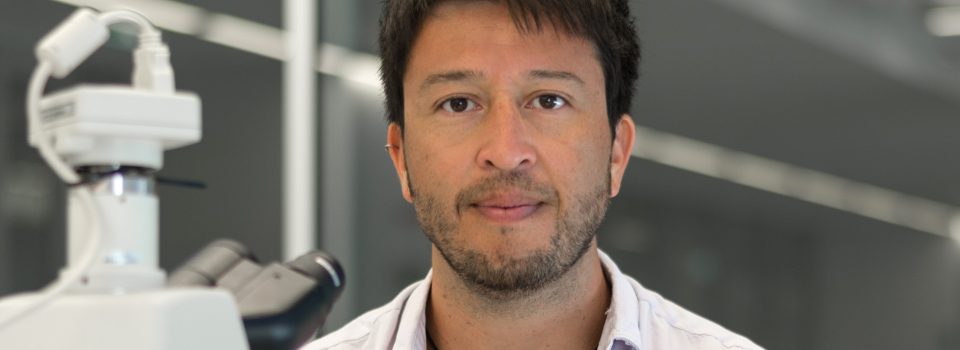Dr. Jorge Mardones from CREAN-IFOP was appointed as part of GlobalHAB international scientific committee
September 29th, 2023On September 15th, Dr. Jorge Mardones from Fisheries Development Institute’s Harmful Algae Studies Center (CREAN), was appointed by “Intergovernmental Oceanographic Commission (IOC)” of UNESCO and by “Oceanic Research Scientific Committee (SCOR)” as part of GlobalHAB Scientific Steering Committee (SSC) for 2023-2025 period.
The Global Harmful Algal Bloom Program (GlobalHAB) is an international scientific program focused on harmful algal blooms (HABs). Its objective is to encourage and promote cooperative research aimed at improving the understanding and prediction of HAB events, providing scientific knowledge to manage and mitigate their impacts in the context of global climatic changes and increasing anthropogenic pressures on aquatic ecosystems. GlobalHAB addresses scientific and social challenges of HABs through advanced and cost-effective technologies application, training and education, with a multidisciplinary approach. It also makes connections to broader scientific fields (climatology, toxicology, economics, medicine, public health), emphasizes social science communications, and addresses management priorities.
GlobalHAB is a continuation of the first international program, GEOHAB (Global Ecology and Oceanography of Harmful Algal Blooms), created in 2001 to foster international cooperation and advance our understanding of HAB dynamics and improve our ability to predict them. Upon completion of GEOHAB, international FAN community at Paris Open Scientific Meeting (OSM, April 2013) encouraged a follow-up initiative to implement the most relevant and partially achieved goals of GEOHAB into FAN research and incorporate new pressing questions ( GEOHAB 2014). Based on Paris OSM (GEOHAB 2014) and subsequent discussions, and recommendations from the GEOHAB SSC, in consultation with SCOR and IOC representatives. GlobalHAB program was formally presented in April 2015 to the Intergovernmental Panel on Harmful Algal Blooms ( IPHAB, of the IOC) and SCOR, and was also supported by the International Atomic Energy Agency (IAEA). IPHAB (and the IOC) and SCOR endorsed GlobalHAB as a new programme.
GlobalHAB adopts GEOHAB partially achieved objectives, expanding them to brackish and freshwater systems, as well as a variety of harmful groups (including benthic microalgae, cyanobacteria and macroalgae) and addresses various issues related to the HABs effects on human societies (health, sociocultural aspects, economic impacts). With new challenges, new tools and a broader multidisciplinary perspective, GlobalHAB also analyzes possible HABs trends and their impacts in climatic change scenarios. The ultimate goal is to translate HABs improved knowledge into sound policy and decision-making to effectively protect marine ecosystems and human health.
